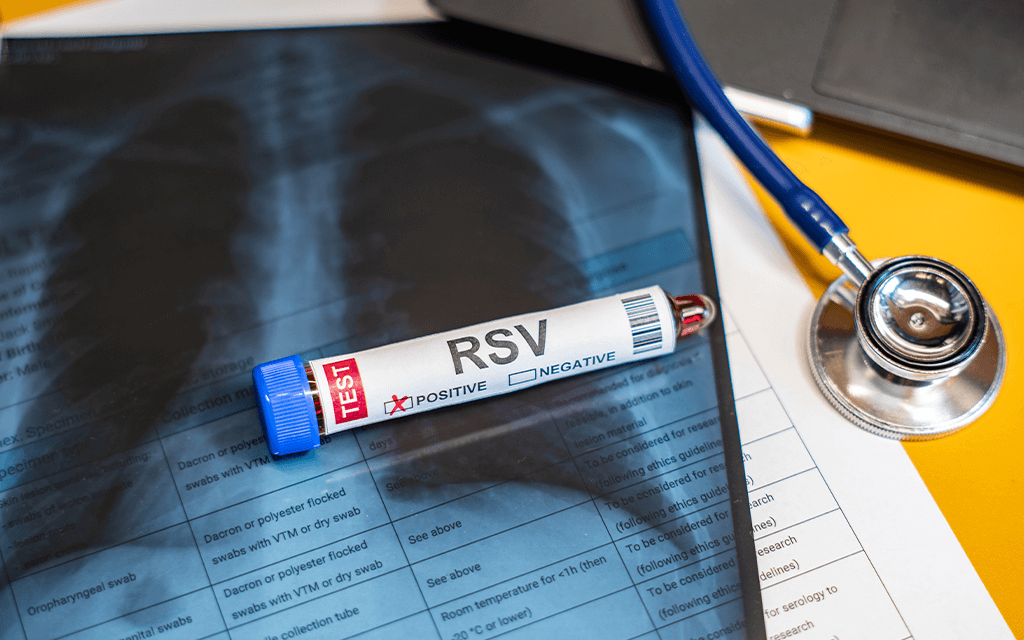Everything You Need to Know About Respiratory Syncytial Virus
18/02/2023


As society fights against the stigmatization of HIV/AIDS-diagnosed people, the activists haven’t achieved desired outcomes yet. In fact, people are still getting bullied for their diagnoses and shamed for inappropriate behavior. The number of HIV-positive people in the US only can be shocking: 1.2 million people in America have HIV. About 13 percent of them are not aware of it. Our laboratory doesn’t acknowledge any infringement of human dignity, and this article is an attempt to clarify the topic of STD/AIDS without any misconceptions.
Keep on reading to find out what HIV is, how it spreads, and most important: what guidelines to follow when you are diagnosed with HIV.
What is HIV? What is AIDS?
Human Immunodeficiency Virus (HIV) is a virus that affects cells in the body that help it fight infection (lymphocytes), making a person more susceptible to other infections and disorders. If left undiagnosed for a long time, and the disease passes without proper treatment, then it might develop into AIDS, which states an acquired immunodeficiency syndrome.
HIV can be diagnosed through the blood NAT test. The process is simple – the nurse will draw some blood from your vein and send the sample for testing. This test tells if a person has HIV or how much virus is present in the organism. When it comes to diagnosing AIDS, a person with HIV must have symptoms of an AIDS-defining condition or have a CD4 lymphocyte count of fewer than 200 cells/mm.
When you get AIDS, your immune system is harshly weakened. You’ll be more susceptible to diseases such as opportunistic infections or malignancies. Therefore, it is crucial to know when to get tested for STDs and not let it go too far.
What Are HIV Symptoms?
The early symptoms of HIV may include:
- Fever
- Headache
- Muscle aches
- Rad rash
- Sore throat
- Swollen lymph glands
- Diarrhea
- Rapid weight loss

The symptoms may not appear right after getting infected and may appear later, so get full STD screening right after having unprotected sex with a new partner to make sure you are safe. Also, get tested in a few weeks to make sure the virus is already in the stage when it is detectable.
How Does HIV Spread?
HIV can be transferred both anally and vaginally. Understanding how the virus spreads can help lower the danger of transmission. HIV can only be spread through bodily secretions: blood, vaginal secretions, semen, breast, and milk. So, if you interacted with these bodily fluids of an infected person, then get an STD panel test at a certified medical laboratory.
How Often Should You Get Tested for STDs?
Do your sexual health tests for syphilis, chlamydia, and gonorrhea annually. People who have multiple sex partners have to go through screening every three months. Don’t forget to take an HIV test at least once a year to keep peace of mind and protect your partner(s).
How to Get Checked for STD?
You may wonder where to get HIV testing near me. In case you need STD testing in Miami, Florida, then Number One Lab medical laboratory will be the perfect match for you. All you need to do is book your STD test in the center of Miami or pick the mobile testing option and wait for our medical staff to come to your place and provide you with quality testing in the shortest time.
Still, looking for a place to get tested? Don’t hesitate and drop us and order your test today to be safe and calm tomorrow!
»Learn more: Things To Avoid When You Have A UTI: Everything You Need To Know